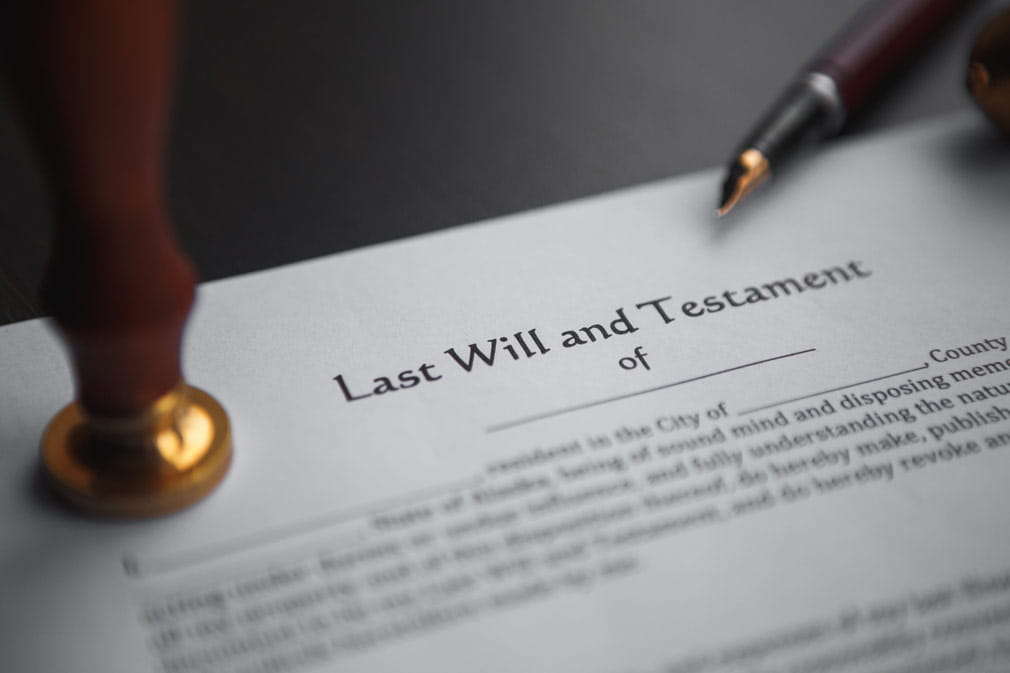.jpg)
What are trustees in wills
Discover the role of trustees and their responsibilities in the context of wills.
.jpg)
Discover the role of trustees and their responsibilities in the context of wills.
In the UK, many people use trust wills to protect their assets for their beneficiaries, like children or vulnerable people, until a certain time. The person who writes the will (the testator) appoints trustees to manage these assets.
Trustees are very important in trust wills. But what do they actually do? What powers do they have? And how are they different from executors? We answer all these questions and more right here.
If a will contains a trust, the executors must distribute assets to the named trustees. Both trustees and executors have important jobs, but they do different things
Trustees:
Executors:
The same person can be a trustee and an executor. Learn more about being an executor of a will in our guide.
A trustee's main job is to take care of property or other assets left in a trust will for other people (beneficiaries) for a certain period. They need to receive the inheritance meant for the beneficiaries and manage it according to the will's instructions for the specified time.
For example, if someone creates a will which leaves property or assets to children under 18, the trustee manages these until the children reach a certain age. This age is usually specified in the will. Although trustees have control over the assets like they own them, they must act impartially and in the best interests of all of the trust's beneficiaries. It's wise to choose someone who is financially responsible, has good administrative skills and is someone you can rely on.
Always ask the person if they are willing to be a trustee before appointing them. If they are not comfortable with the role or feel they can't handle it, it's better to select someone else.
Trustees do legally own the trust property but as trustees and not in a personal capacity. They can manage the property as the will says, but their power is limited. Trustees must follow the will and ensure beneficiaries get what they are entitled to.
If a trustee passes away before completing their duties, a couple of outcomes are possible:
Want to ask us about the free legal review or find out more about estate planning? The expert team will be happy to talk to you.
Monday - Thursday: 9:00am - 7:15pm
Friday: 9:00am - 6.15pm
Saturday: Closed
Sunday: Closed
Bank holidays: Closed
Saga is a registered trading name of Saga Personal Finance Limited, which is registered in England and Wales (company number 3023493). Registered office 3 Pancras Square, London, N1C 4AG. Saga is not authorised or regulated by the Solicitors Regulation Authority (SRA). All legal services are provided by Co-op Legal Services. Co-op Legal Services is a trading name of Co-operative Legal Services Limited which is authorised and regulated by the SRA, under registration number 567391.



Learn everything you need to know about the different types of Will bequests in our complete guide.
.jpg?la=en&h=550&w=1440&hash=D75E80A351D1CBC72428B436C3C3EE4F)

Talk to an expert about your current needs and future wishes. Find out what legal plans you might want to make.



We partner with Co-op Legal Services to offer advice and services for you and your family.


Let’s make sure you have the right plans in place for you and your loved ones.